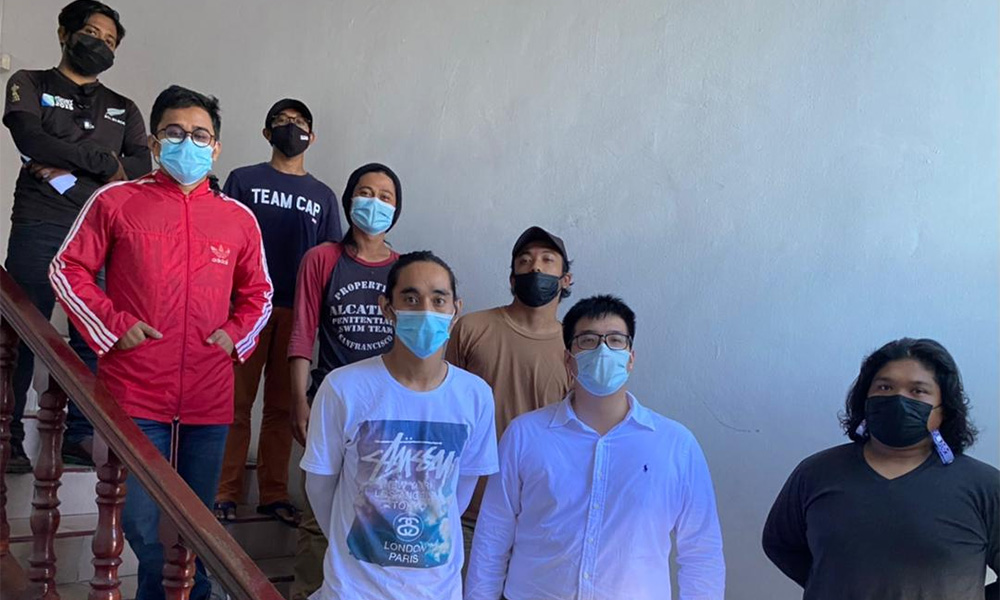With GE15 on the horizon, there is a grave risk that arrests will continue to rise.
Respect for freedom of speech in Malaysia is in free fall - a decline illustrated by two recent arrests.
On the evening of Friday, April 23, seven police officers broke down the door of graphic artist Fahmi Reza’s home, arrested him, and took him to the police station for questioning. His alleged crime? Creating a jealousy-themed Spotify playlist in a satirical response to a controversial tweet by Malaysia’s queen.
Although he was released on bail after 24 hours, he is being investigated under Malaysia’s notorious Sedition Act, which criminalises any speech with a tendency to “excite disaffection” against or “bring into hatred or contempt” members of Malaysia’s royalty.
Those convicted of sedition face up to seven years in prison. Fahmi is also facing possible charges under a broadly worded provision of Malaysia’s Communications and Multimedia Act that has frequently been used against critics of the government or royalty. Human Rights Watch has long called for repeal or amendment of both laws.
The day after Fahmi’s arrest, the authorities arrested activist Mukmin Nantang and six others for protesting the 14-day extension of strict movement control orders in a village in the state of Sabah. The activists asserted that the villagers needed further assistance from the government to survive, since they have been unable to work since the lockdown began on April 11.

All seven were detained for two days before being released on bail. They are being investigated under Malaysia’s Peaceful Assembly Act for failing to give 10-day advance notice of the protest, among other charges. No one should be held criminally liable for the mere act of organising or participating in a peaceful assembly.
These are just the most recent examples of the Malaysian government’s assault on freedom of speech. Since taking power in March 2020, the government has initiated numerous criminal investigations for peaceful speech, arrested peaceful protesters, and banned books.
It put in place a new, vaguely worded emergency ordinance against “fake news” about Covid-19 or the country’s recently enacted state of emergency. The assault has included the media, leading Reporters Without Borders to drop Malaysia’s ranking 18 countries in its annual World Press Freedom Index.
With national elections on the horizon, there is a grave risk that investigations and prosecutions for peaceful speech and protests will continue to rise, further tarnishing the country’s reputation. The Malaysian government should stop treating criticism - and satire - as criminal and learn to engage with, rather than imprison, its critics.
LINDA LAKHDHIR is a legal advisor in the Asia division of Human Rights Watch - Mkini

No comments:
Post a Comment
Note: Only a member of this blog may post a comment.